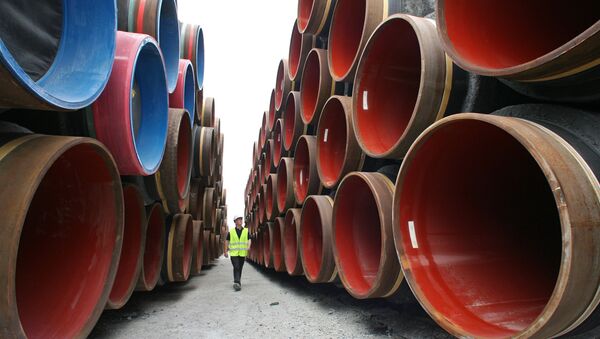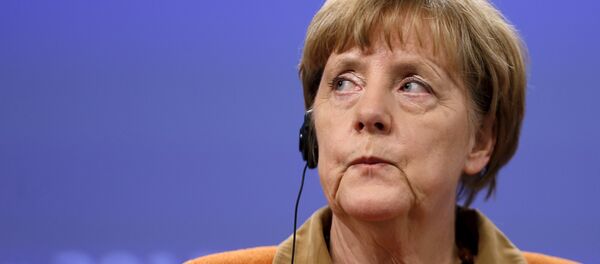Gabriel stressed that the EU should follow the example of Moscow and search for constructive solutions instead of fighting.
"The Nord Stream 2 is in Germany's interest; in this regard I agree with the Chancellor," Gabriel said, adding that the project is also of a great importance for France and other EU countries.
At the same time, Gabriel noted that Moscow should fulfill a number of political conditions so that the new pipeline project could be implemented. One of them is that Russia should "continue the transit of gas via Ukraine after 2019, what would guarantee the safety of energy supplies to Eastern Europe."
On Friday, several leaders of eastern and southern European states opposed the implementation of the Nord Stream 2 project. Italian Prime Minister Matteo Renzi and EU Council President Donald Tusk were among its sharpest critics assuming that the project would further increase the European dependence on Russian gas.
The Nord Stream-2 project, which planned to use the original Nord Stream pipeline for 86-percent of the route before branching off, would have provided up to 55 billion cubic meters of direct gas supplies from the Russian shores through the Baltic Sea to the coast of Germany.
In September, Gazprom signed a shareholder agreement on the extension of the pipeline with the international energy companies BASF, E.ON, Engie, OMV and Shell.



